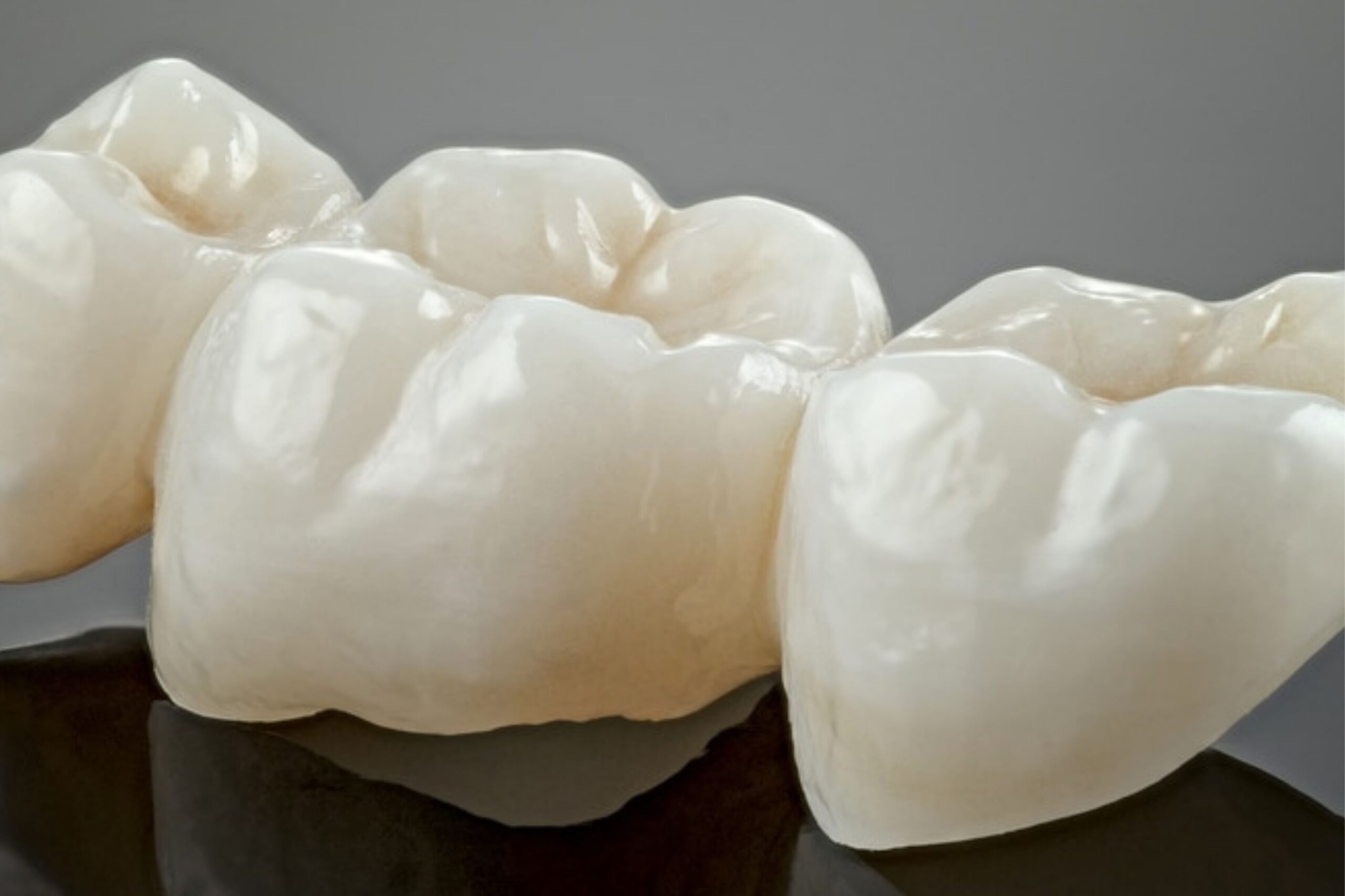
Providing care for your dental crowns is an added bonus to maintain your smile. Crowns are individualized caps that protect and strengthen your teeth but must be cared for properly to help the crowns stay intact for years. Whether you are a newcomer or if you have had a crown for some time, this article will provide helpful tips to help keep your crowns healthy, functional, and looking fabulous. Let’s get started on how you can keep your dental crowns vital longer through simple and practical lifestyle habits.
Why Do Dental Crowns Need Special Care
Dental crowns can be remarkably strong and resilient. Crown restorations cover teeth that have been damaged or weakened to help restore the shape, size, and strength of a tooth. Crowns are typically made out of porcelain, ceramic, or metal alloy which will all have varying durability properties but will ultimately have their limitations. Crowns may chip, crack, or loosen over time when overall quality care is not established with their use. Even the health of the tooth underneath and the surrounding gums ultimately influences how long a crown will last. Establishing effective habits can help maximize the life of your crowns and additional expenses incurred from replacing crowns.
Daily Habits to Protect Your Dental Crowns
Your daily routine is the foundation of keeping your crowns in great condition. Here’s how to make it count:
- Brush Twice a Day: Use a soft-bristled toothbrush and non-abrasive toothpaste to clean your crowns gently. Harsh scrubbing or gritty toothpaste can scratch the surface, especially for porcelain crowns.
- Floss Like a Pro: Flossing daily removes plaque and food particles around your crown and gumline. Consider using a water flosser or floss threaders if traditional flossing feels tricky around your crown.
- Rinse with an Antiseptic Mouthwash: A good mouthwash helps kill bacteria that could sneak under the crown or irritate your gums, keeping the area clean and healthy.
- Avoid Sticky or Hard Foods: Chewing on hard candies, ice, or sticky treats like caramel can stress your crown, potentially causing cracks or dislodging it. Opt for softer, crown-friendly snacks instead.
Foods and Drinks to Watch Out For
Your diet plays a big role in maintaining your crowns. While they’re designed to handle normal chewing, certain foods and habits can put them at risk. Here’s what to keep in mind:
- Limit Sugary Foods and Drinks: Sugar can lead to decay in the tooth under the crown, weakening its foundation. Cut back on sodas, candies, and sugary snacks.
- Be Cautious with Crunchy Foods: Nuts, popcorn kernels, and hard veggies like raw carrots can be tough on crowns. If you love these foods, chop them into smaller pieces to reduce the risk.
- Avoid Extreme Temperatures: Switching between hot coffee and ice-cold water can cause thermal stress, especially for porcelain crowns. Try to moderate temperature changes when eating or drinking.
- Cut Back on Staining Culprits: Coffee, tea, red wine, and tobacco can stain your crowns over time, especially if they’re made of porcelain. Rinse your mouth after consuming these to minimize discoloration.
Regular Dental Checkups Are a Must
Even with the best at-home care, professional checkups are key to keeping your Dental Crowns in League City, TX in top shape. Your dentist can spot issues early and keep your crowns functioning perfectly. Here’s why regular visits matter:
- Professional Cleanings: Dental hygienists use special tools to clean around your crowns, removing plaque and tartar that brushing might miss.
- Early Problem Detection: Your dentist can check for signs of wear, loose crowns, or gum issues that could affect the crown’s stability.
- Custom Advice: Every mouth is unique. Your dentist can give you tailored tips based on your crown’s material and your oral health.
Aim to visit your dentist every six months, or sooner if you notice pain, sensitivity, or anything unusual around your crown.
Bad Habits to Break for Crown Longevity
Some everyday habits can unintentionally harm your crowns. Breaking these can make a big difference:
- Don’t Chew Non-Food Items: Biting your nails, chewing on pens, or opening packages with your teeth can chip or crack your crown.
- Avoid Teeth Grinding: If you grind your teeth at night (bruxism), talk to your dentist about a nightguard. Grinding can wear down or damage your crown over time.
- Skip Using Your Teeth as Tools: Your crowns are for eating, not for tasks like tearing tape or cracking nuts. Keep them safe by using the right tools instead.
What to Do If Something Feels Off
Even with great care, issues can pop up. If you notice any of these signs, reach out to your dentist right away:
- Pain or Sensitivity: This could signal decay under the crown or a poor fit.
- Loose Crown: A wobbly crown needs immediate attention to prevent further damage.
- Chips or Cracks: Small damage can worsen if not fixed quickly.
- Gum Irritation: Red, swollen, or bleeding gums around the crown might indicate an issue that needs checking.
Quick action can often save your crown and prevent more extensive dental work.
With consistent care, your dental crowns can last 10-15 years or even longer. Stick to these tips, keep up with your dental visits, and your smile will keep shining bright. If you’re ever unsure about your crown’s condition, don’t hesitate to reach out to your dentist for peace of mind.


